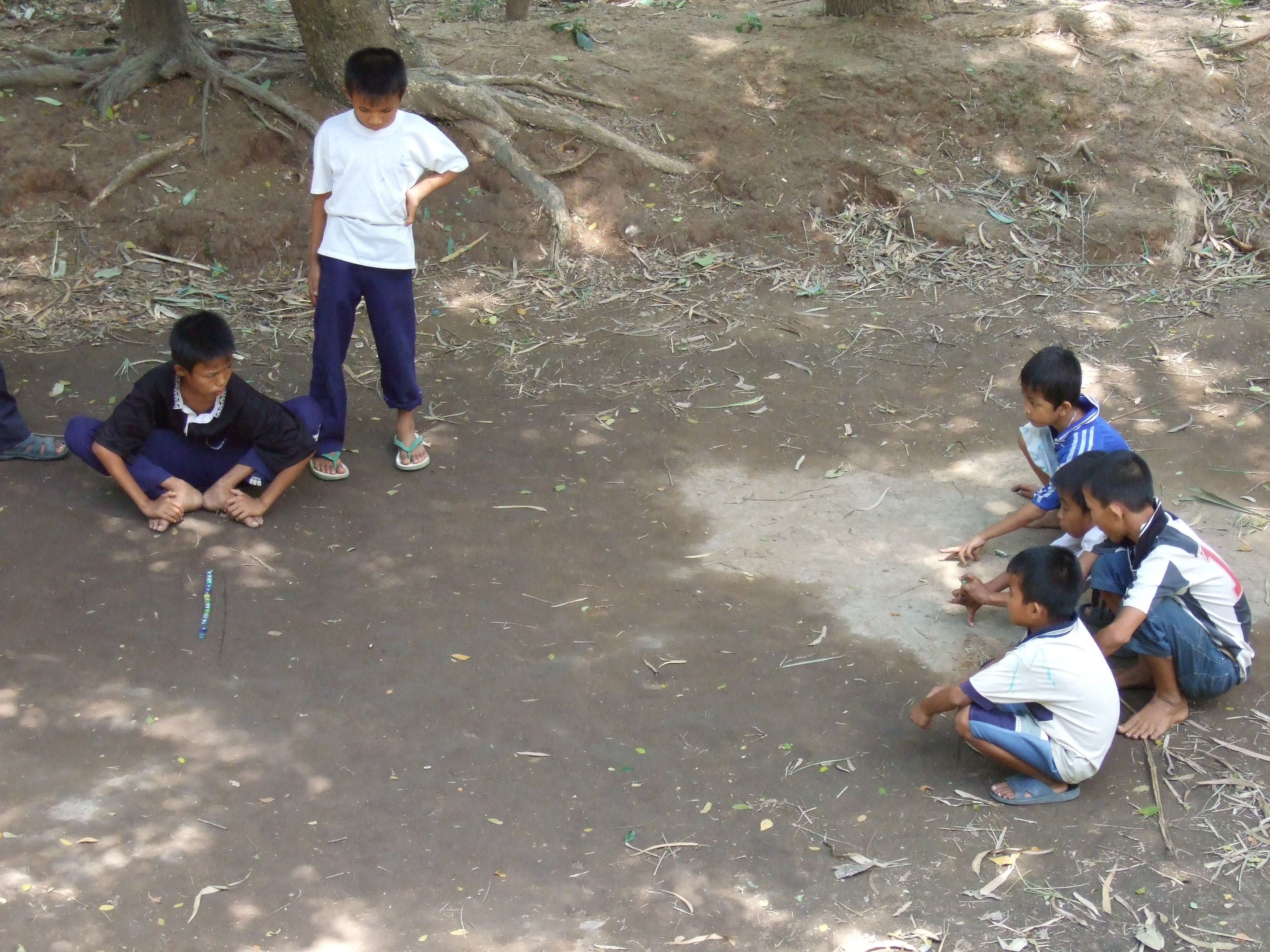I’ve written about organisations on this blog, and I’ve written about people, and I’ve written about politics. What I haven’t talked about enough is relationships. I’ve been meaning to write this post for a couple of weeks but was finally prompted to do it today by this story about the role of Blair’s personal leadership style in the UK’s involvement in the attack on Iraq. The edited version is that other ministers felt they owed Tony Blair, that he had done so much for him that they didn’t wish to oppose him. He got on with planning the attack on Iraq and they got on with doing what he said. What’s interesting here is that it would be easy to think in abstract terms about the machinery of state, the hierarchy within a cabinet, but one of the dominant factors in Blair not receiving enough opposition was the personal power he had, the types of relationships he had with people around him.
It reminded me of working in the civil service, a short phase of my misguided youth. I felt that many things were being done crushingly badly in my field of work, but it was harder than I expected to get others to agree with this. They were personally invested in it was one problem, but the other – and it took me a long time to realise how important this could be – was that the department I worked for was a social entity, and people felt a social pressure to conform, just as they might do when buying a new car despite new cars being poor value. At the same time, of course, staff felt the pressure to obey their managers common to all hierarchical organisations. It was the combination of the two types of pressure that made up the silence within which everyone busied themselves with tasks that made no sense.
Here is Silke Helfrich on the meaning of the commons:
Once again, it is not enough to understand commons mainly as “collective resources” or to focus on the institutional side of it, as the Nobel Prize winning political scientist and economist Elinor Ostrom did with her “Design principles for commons institutions.”
Both framings are very very helpful, but they don’t address many of the subjective, social and personal dynamics within commons-based institutions. Is there a inner logic woven through human interaction that holds a commons together?
This reads to me as reaching towards a conception of organisation/ownership as expressions of relationships. I think all types of organisation and ownership work on relationships: the success of the violent British ruling class over many centuries seems to depend on their socialisation and friendships and alliances formed in public schools and Oxbridge, to take an example from the dark side. That raises the question, incidentally, of what the rest of us learn at school, or with our childhood peers. My own experience in small organisations suggests that the relationships even within groups that try to be democratic are often characterised by the types of dynamics familiar from authoritarian classrooms. Consuming the words of a dominant figure is a way of showing respect, and mutual respect is hard to come by.
It’s strange to me that it is a bit of a niche practice to view organisations through the lens of relationships. The most mainstream version is the feminist idea that ‘the personal is political’, but this (at least in its populist form) often seems to leap between individual experience and vast political forces without examining the structures in between, or at best gets stuck in the small group, itself caught in those political forces. There is a body of pyschological/political crossover theory, of which Deleuze and Guattari are the most unreadable and Erich Fromm the most popular. But this too has a tendency to leap from the personal to the universal. I suppose I am interested in relationships as the glue that hold individuals together but also hold organisations together, from the small local club to the organisations that make up the state.
These are just some initial thoughts but I know already there can’t be any simplistic conclusion here. Thinking about political organisations and struggles through the lens of relationships doesn’t mean we can drop the other lenses. Relationships make organisations. But organisations make relationships too. Just as class and relationships make each other (almost by definition in fact, since class is defined by economic relationships and they are also human relationships). And class and organisations interact with each other, and so on. I suppose my interest in thinking about this is ultimately to think about interventions within these interplays. Can we, by creating new forms of relationships, make new forms of organisations? And vice versa. Are new forms of relationship necessary if we wish to have a new political horizon? And if so, what would those relationships look like?
These are just a few disparate thoughts from today, notes on things I want to think about more. I’m sure there is more writing about this than I’m aware of, particularly among feminist writers. If any of you have reading suggestions for me, please fire away below.
